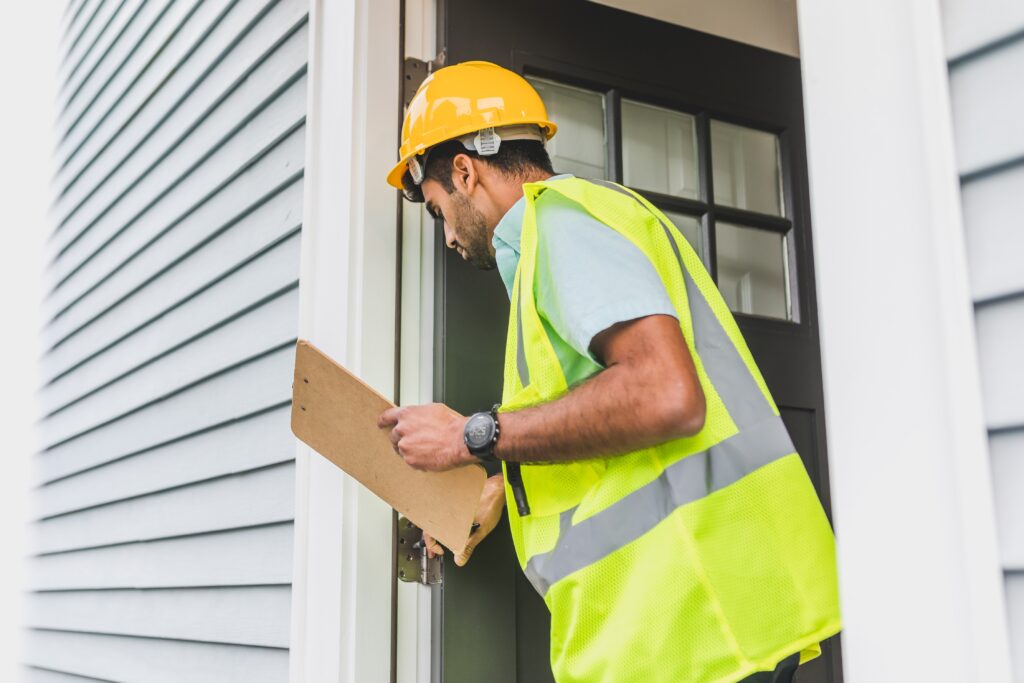Whether you’re considering selling your home or applying for a loan, it’s essential to know if a charge exists on your property. A “charge” is a legal claim placed by creditors, which can affect your ownership rights until the debt is repaid.
What is a property charge?
A property charge secures a debt, often due to unpaid loans or court-ordered obligations, and may include mortgages or charging orders. These charges safeguard creditors by attaching part of your property’s value to satisfy debts if left unpaid. Being aware of such charges helps you avoid complications when selling or borrowing against your property.
Sellers: How charges can affect you
If you plan to sell or refinance, property charges could influence the process and may impact your property’s market value. For loan applications, lenders will assess these charges to understand any existing financial risks tied to the property. If facing a legal dispute over property, understanding any charges is vital as they can affect negotiations or legal outcomes.
Buyers: How charges can affect you
Buying a property with an existing charge can make you liable, as the charge remains tied to the property itself. Upon purchase, the responsibility to clear the charge—whether it’s a mortgage, lien, or other debt—transfers to the new owner unless resolved before the sale.
This is one of the reasons you should always use a solicitor when buying a property. They are responsible for finding charges and resolving them with the seller’s solicitor. If you have completed a purchase and discover that you have charges attached to your property, then it probably means that your solicitor didn’t do a good job.
How to Find Out if There’s a Charge on Your Property
1. HM Land Registry
The HM Land Registry holds records of property ownership in England and Wales, including charges. A title register search on the GOV.UK website provides details, including existing charges. Fees start at £3 for a summary.
2. Local Authority Search
A local authority search uncovers planning permissions, restrictions, and records that may reveal any charges impacting your property’s long-term value.
3. Consulting a Solicitor
A solicitor can conduct an in-depth check for any existing charges from multiple sources, offering a more detailed and reliable review. Costs vary, so it’s recommended to request an upfront quote.
Helpful online tools and services
Online property tools like SearchFlow, OnTheMarket, and PropertyData can provide a quick overview of potential charges on a property, often offering title summaries, land details, and associated charges. While they’re convenient, these platforms might lack the depth and rigorous verification of official sources like the HM Land Registry or local authority searches. For a more accurate check—especially in financial or legal contexts—it’s advisable to use HM Land Registry services or consult a solicitor for a thorough, reliable search.
Can I sell a property with a charge on it?
Yes, you can sell a property with a charge on it, but there are additional considerations. The charge typically needs to be settled at the point of sale, often using proceeds from the sale to pay the debt associated with the charge. This process can be managed during the conveyancing phase, where transparency about the charge is essential to ensure a smooth transaction. Working with property specialists or legal advisors can help navigate any complexities, making the sale process quicker and more straightforward even with an outstanding charge.
How to sell property faster
At Property Rescue, we can expedite the sale process to as little as 2 weeks, even with existing charges, offering a quick and guaranteed sale. How it works is; we buy the property directly from you, for a cash lump sum. We pay top independent UK solicitors to handle the entire transaction so you don’t pay a penny. Once the property is sold, you’ll receive your cash from your solicitors. The solicitors will use some of your proceeds to settle any charges or outstanding mortgage on the property.





